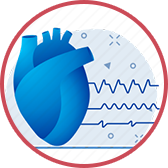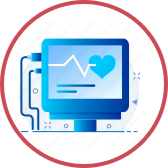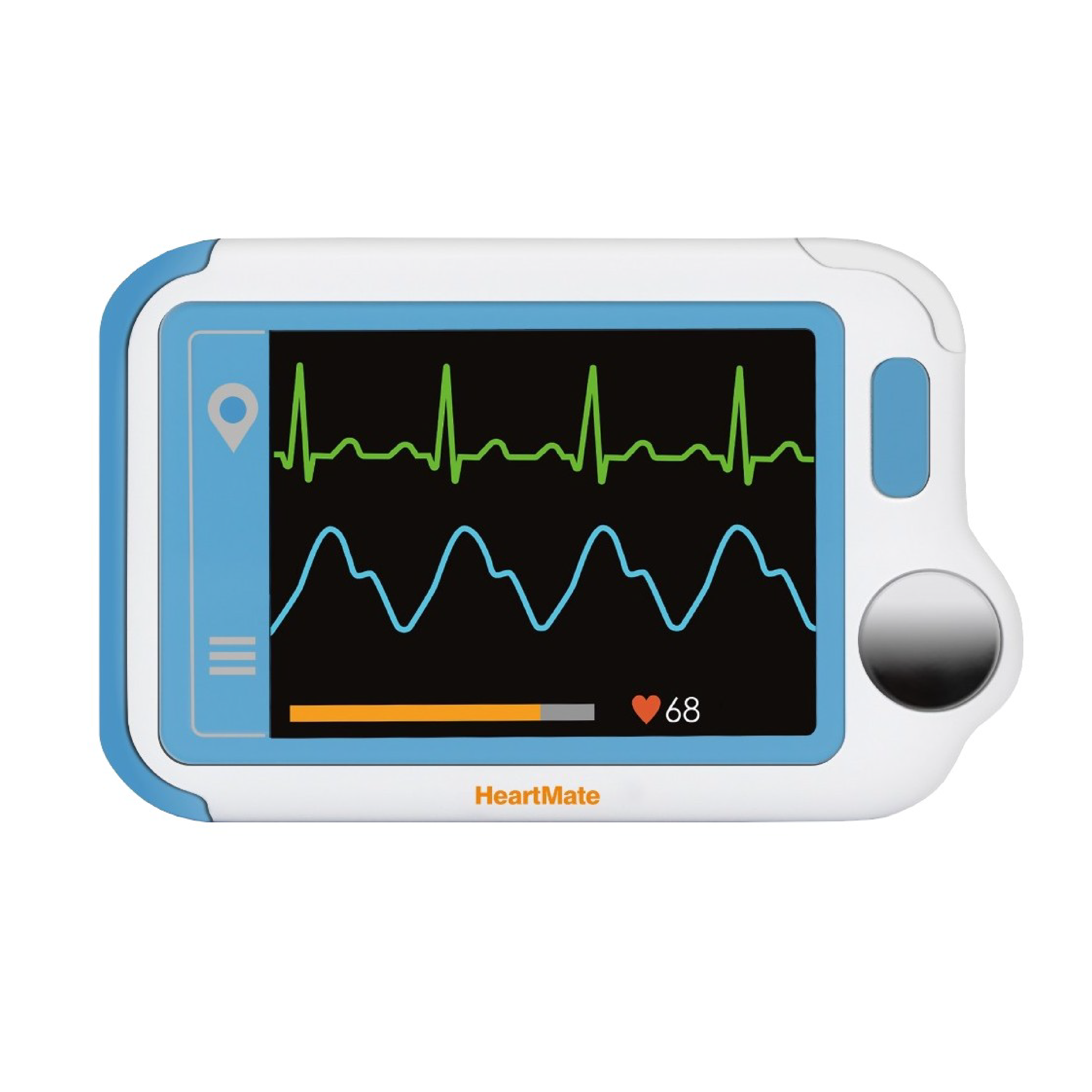Heart Disease

Heart Disease
Sudden Cardiac Arrest (SCA) is a leading cause of death in the United States, accounting for an estimated 300,000 deaths each year – more than lung cancer, breast cancer and HIV/AIDS combined. SCA (also known as SCD or Sudden
Read More

Heart Education
The heart is divided into two primary sections, the atria and the ventricles. Each of these areas is divided into a left and right chamber. The atria are the upper two chambers and the ventricles are the lower two chambers. The wall dividing the left and right sides is the septum.
Read More

Life Saving Products
If you have any cardiac concerns like; lightheadedness, fainting, collapse, dizziness flutter or pain in your chest, you may have existing heart problems. You may also have occasional symptoms and not even think the are related to your heart.
Read More

ECG Prescription
To receive a FREE or insurance paid ECG Monitor, take this prescription to your doctor. Your doctor will fill it out. Fax, send or email it to Heart Squad as instructed on the form.
Read More

RPM Prescription
To receive FREE or insurance paid ECG, Blood Pressure, Scale, Thermometer, Pulse Oximeter, Blood Glucose monitors, Fax, Email or send this Remote Patient Monitor prescription as directed on the form.
Read More

ECG Prescription
To receive a FREE or insurance paid ECG Monitor, take this prescription to your doctor. Your doctor will fill it out. Fax, send or email it to Heart Squad as instructed on the form.
Read More

RPM Prescription
To receive FREE or insurance paid ECG, Blood Pressure, Scale, Thermometer, Pulse Oximeter, Blood Glucose monitors, Fax, Email or send this Remote Patient Monitor prescription as directed on the form.
Read More
Sudden Cardiac Arrest (SCA) is a leading cause of death in the United States, accounting for an estimated 300,000 deaths each year – more than lung cancer, breast cancer and HIV/AIDS combined. SCA (also known as SCD or Sudden Cardiac Death) occurs abruptly and without warning; the heart’s electrical system malfunctions and blood cannot be pumped to the rest of the body. SCA is different from a heart attack which occurs when a blockage in a blood vessel interrupts the flow of oxygen‐rich blood to the heart, causing the heart muscle to be damaged.
Out‐of‐hospital survival for SCA is less than 8%, making prediction and prevention critically important. Patients at highest risk for SCA are those with heart failure, a prior heart attack, reduced ejection fraction, prior SCA or a family history of SCA. Approximately 12 million people in the US fit these clinical profiles and may be at risk. SCA can also strike apparently healthy individuals and is the leading cause of death in young athletes.
The Treatments section contains a brief overview of various options which may be considered in the treatment of abnormal cardiac findings.
All family and friends of high risk patients need:
- CPR training. Take the one minute Hands-Only CPR class and sign up for an Adult CPR & AED
- You lose 10% change of survival for ever minute of delay. The average fire department takes 8 minutes, so Buy an AED
A glossary of terms is also provided.
If you need to reach us, you can email us at ContactUs@HeartSquad.com
